
The Enchanting Northern Red Sea Region of Eritrea
The Northern Red Sea Region in Eritrea is a hidden gem waiting to be discovered. This area boasts stunning natural landscapes, from the pristine beaches of the Red Sea coast to the mesmerizing beauty of the Dahlak Archipelago. The crystal-clear waters and vibrant marine life make it a paradise for snorkeling and diving enthusiasts. The region is rich in history and culture, with the ancient port city of Massawa serving as a gateway to Eritrea's past. Massawa's Ottoman-era architecture and bustling markets offer a glimpse into the region's diverse cultural tapestry. Visitors can explore historic sites, enjoy local cuisine, and immerse themselves in the warm hospitality of the Eritrean people. For nature lovers, the Northern Red Sea Region offers an array of outdoor activities. Hike through the scenic landscapes, visit the lush greenery of the Buri Peninsula, or take a boat trip to the untouched islands of the Dahlak Archipelago. Each experience promises a unique and unforgettable adventure.
Local tips in Northern Red Sea Region
- Visit Massawa early in the morning to avoid the heat and crowds.
- Bring your own snorkeling or diving gear if possible, as rentals may be limited.
- Try the local seafood dishes, which are fresh and delicious.
- Respect local customs and dress modestly, especially in smaller villages.
- Plan your trips to the Dahlak Archipelago in advance, as boat services can be irregular.
The Enchanting Northern Red Sea Region of Eritrea
The Northern Red Sea Region in Eritrea is a hidden gem waiting to be discovered. This area boasts stunning natural landscapes, from the pristine beaches of the Red Sea coast to the mesmerizing beauty of the Dahlak Archipelago. The crystal-clear waters and vibrant marine life make it a paradise for snorkeling and diving enthusiasts. The region is rich in history and culture, with the ancient port city of Massawa serving as a gateway to Eritrea's past. Massawa's Ottoman-era architecture and bustling markets offer a glimpse into the region's diverse cultural tapestry. Visitors can explore historic sites, enjoy local cuisine, and immerse themselves in the warm hospitality of the Eritrean people. For nature lovers, the Northern Red Sea Region offers an array of outdoor activities. Hike through the scenic landscapes, visit the lush greenery of the Buri Peninsula, or take a boat trip to the untouched islands of the Dahlak Archipelago. Each experience promises a unique and unforgettable adventure.
When is the best time to go to Northern Red Sea Region?
Iconic landmarks you can’t miss
ኣስመራ ካቴድራል | Cathedral Our Lady of the Rosary
Explore the stunning architecture and rich history of the Cathedral of Our Lady of the Rosary in Asmara, a cultural gem of Eritrea.
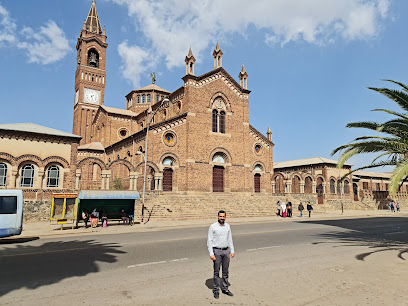
Dahlak Marine National Park
Discover the breathtaking beauty and vibrant marine life of Dahlak Marine National Park, Eritrea's hidden paradise for nature lovers and adventurers.
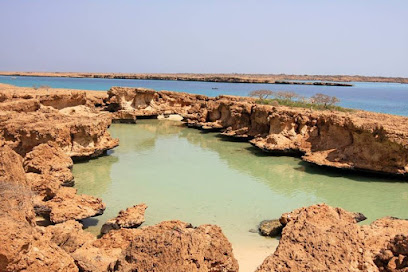
Sheikh Hanafi Mosque
Discover the serene beauty and cultural significance of Sheikh Hanafi Mosque in Mitsiwa, Eritrea, a must-visit for every traveler.
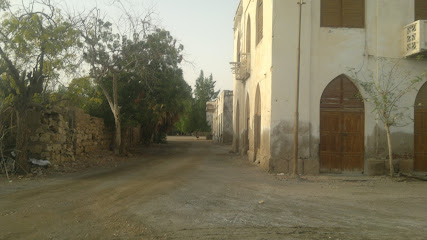
Mai jah jah
Experience the vibrant atmosphere of Mai Jah Jah Promenade, a must-visit destination in Asmara, Eritrea, where culture and beauty converge.
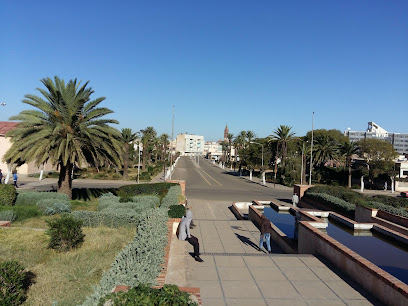
Imperial Palace
Discover the Imperial Palace in Mitsiwa, an architectural gem and memorial reflecting Eritrea's rich history and cultural heritage.
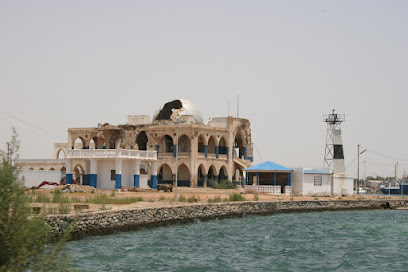
Semenawi Bahri National Park
Discover the breathtaking landscapes and diverse wildlife of Semenawi Bahri National Park in Eritrea, a haven for nature lovers and adventure seekers.
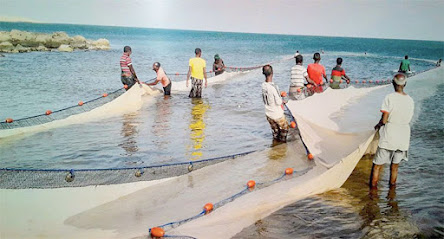
Unmissable attractions to see
Abaededsee
Experience the tranquil beauty of Abaededsee, a serene oasis in Cabuia, Eritrea, perfect for relaxation and exploration amidst nature.
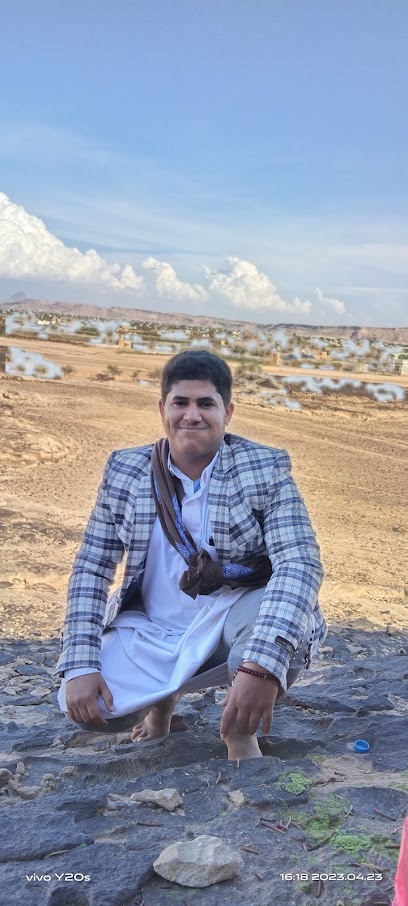
ክሳድ-እምባ
Explore Cieffa's Tourist Attraction, a serene haven in Eritrea that bridges culture and nature, ideal for an authentic travel experience.
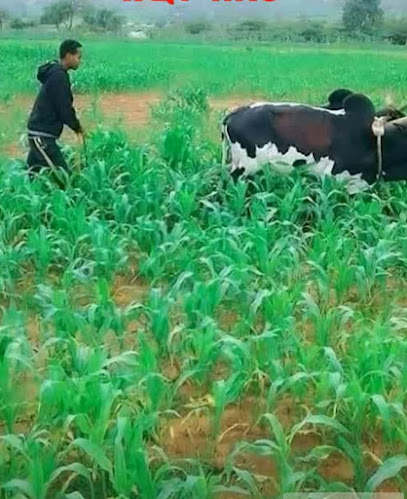
መራደቂ / Meradeki
Explore the tranquil beauty and cultural riches of Meradeki, Eritrea, a hidden gem perfect for an authentic travel experience.

Wedi mehari park
Experience the natural beauty and tranquility of Wedi Mehari Park in Adi Keyh, Eritrea, a perfect spot for relaxation and cultural immersion.
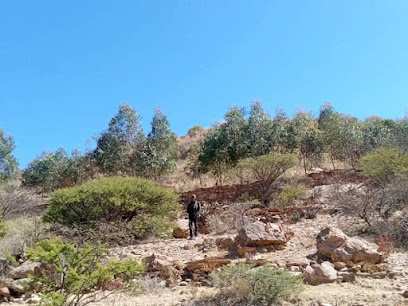
ሩባ ጨዓ
Discover the beauty and culture of Cieffa, Eritrea's hidden gem, where stunning landscapes and local traditions await adventurous travelers.

حلة حرابسو
Explore the natural beauty and cultural richness of حلة حرا باسو in Keren, Eritrea, a captivating tourist destination for unforgettable experiences.

Shindwa Anseba
Explore the breathtaking landscapes and vibrant culture of Shindwa Anseba, a hidden gem in Eritrea inviting adventurous travelers.

ማይ ወዘባ Mai Wezeba
Explore the stunning landscapes and rich culture of Mai Wezeba, a hidden gem in Eritrea that promises an unforgettable experience for every traveler.

shiekh saeed Island
Explore the natural beauty and rich cultural heritage of Shiekh Saeed Island, a hidden gem in Eritrea's Red Sea.

جزيرة شيخ سعديد
Explore the serene landscapes of Jazeera Sheikh Saeed, a tranquil park in Mitsiwa, Eritrea, perfect for relaxation and family outings.
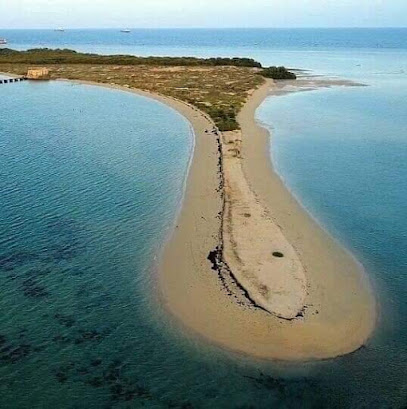
ሩባ ጪራ
Discover the untouched beauty and cultural richness of Adenna, a hidden gem in Eritrea that promises an unforgettable travel experience.

Dawit
Explore the stunning hiking trails of Dawit in Elelali, Eritrea, where breathtaking views and rich biodiversity await outdoor enthusiasts.

ደረቓ
Explore the rich history and stunning landscapes of Tera-Emni, an enchanting tourist attraction in the heart of Eritrea, where culture and nature unite.
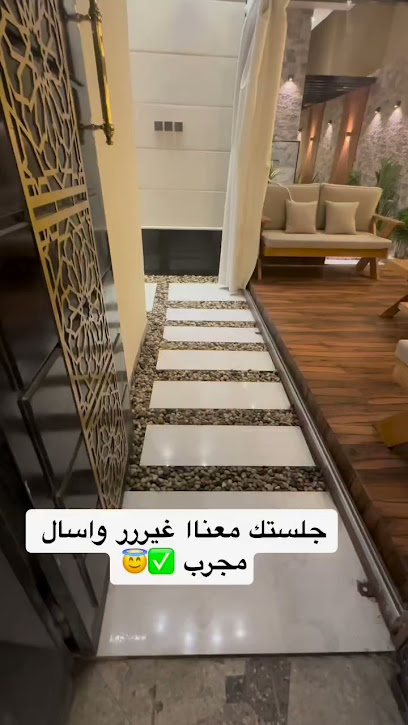
الطويلة - منطقة البديعة - مدينة مصوع - إريتريا
Discover the enchanting Towe in Mitsiwa, Eritrea - a captivating blend of culture, nature, and warmth that awaits your exploration.

Fiyasha
Explore the breathtaking beauty and rich culture of Fiyasha, an enchanting tourist attraction in Elelali, Eritrea, ideal for natural and cultural enthusiasts.

Essential places to dine
Ghibabo Restaurant And Pizzeria
Experience authentic Eritrean flavors at Ghibabo Restaurant And Pizzeria in Asmara - a must-visit culinary destination for every traveler.
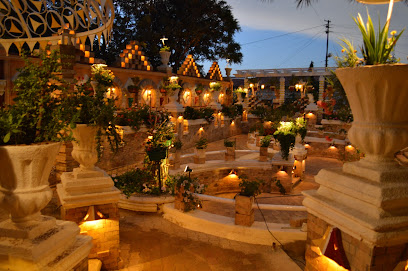
Spaghetti And Pizza House
Discover the unique fusion of Eritrean and Italian flavors at Spaghetti And Pizza House in Asmara—a true culinary delight.
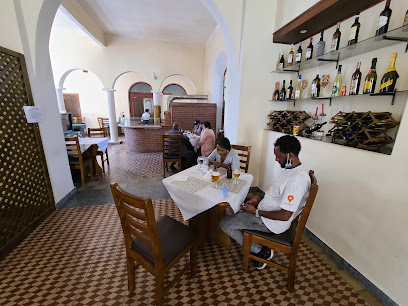
Golden Fork Fast Food
Discover authentic Eritrean flavors at Golden Fork Fast Food in Asmara - a culinary gem offering delicious traditional dishes.
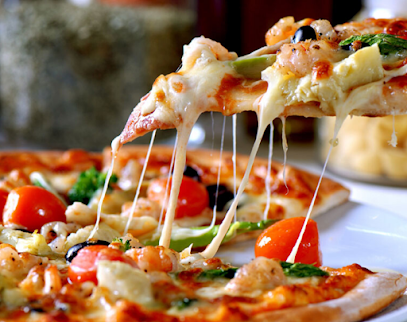
Al Sicomoro Restaurant
Experience authentic Italian cuisine at Al Sicomoro Restaurant in Asmara - where flavors come alive amidst Eritrean culture.
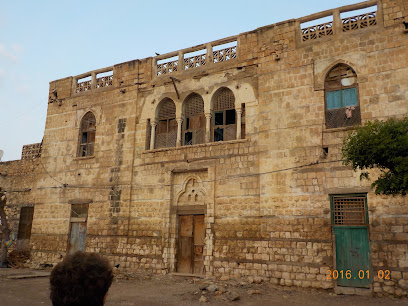
The Roof Garden
Discover exquisite Eritrean cuisine at The Roof Garden while soaking in breathtaking views of Asmara's skyline.
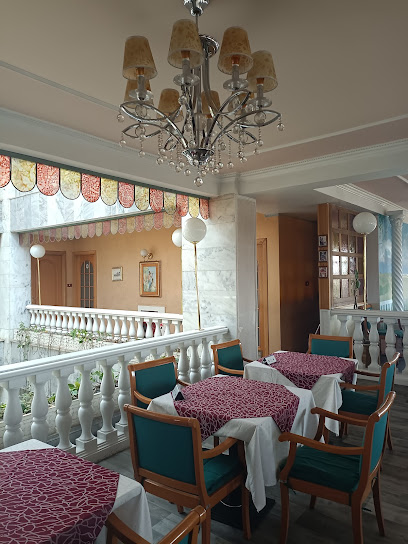
Casa degli Italiani Restaurant
Experience authentic Italian cuisine at Casa degli Italiani Restaurant in Asmara – where every meal is a celebration of flavors.
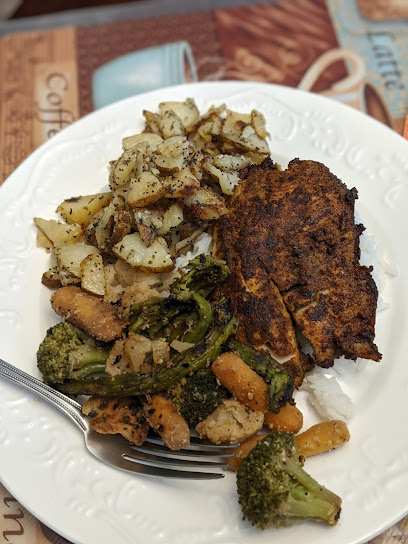
Arobana Restaurant
Discover authentic Eritrean flavors at Arobana Restaurant in Asmara – where every dish tells a story.
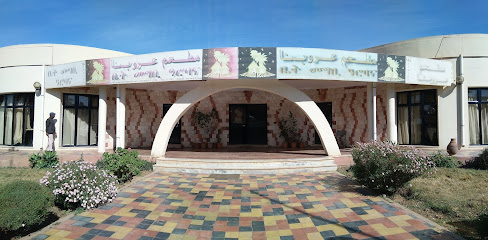
Banuna Bar & Restaurant
Discover the warmth of Eritrean hospitality at Banuna Bar & Restaurant - perfect for families and travelers seeking authentic flavors.
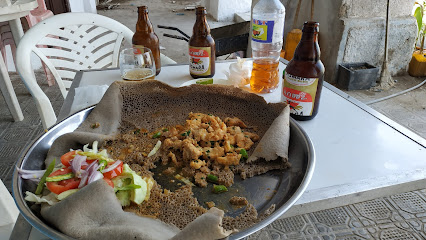
Eritrean Asmeea Senbel
Experience authentic Eritrean cuisine at Asmeea Senbel in Asmara—where tradition meets flavor.

Grmay Luba Resturant
Experience authentic Eritrean cuisine at Grmay Luba Restaurant in Mitsiwa - where tradition meets flavor.

Abeba Restaurant
Experience authentic Eritrean cuisine at Abeba Restaurant in Asmara – a must-visit destination for food lovers.

ሚላኖ Milano Restaurant
Savor authentic Italian flavors at ሚላኖ Milano Restaurant in Asmara - where every dish tells a story.

Yasmin Cafeteria
Savor authentic Eritrean cuisine at Yasmin Cafeteria in Mitsiwa – where every meal is a celebration of culture and flavor.
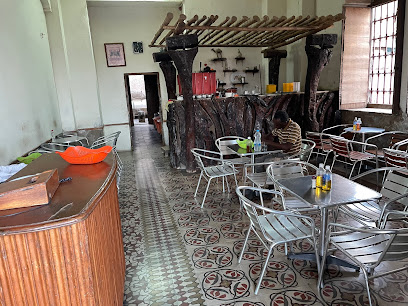
Pyramid Buffet Restaurant
Experience a world of flavors at Pyramid Buffet Restaurant in Asmara - where local traditions meet global cuisine.
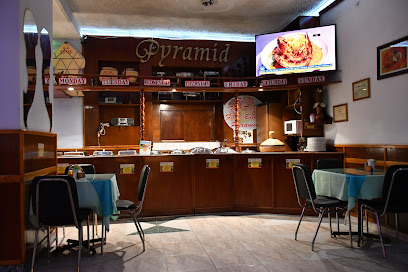
Eritrean
Experience authentic Eritrean cuisine in Adi Keyh's premier Dutch restaurant, where tradition meets flavor in every dish.

Markets, malls and hidden boutiques
Kahawta
Discover Kahawta, a delightful store in Asmara, Eritrea, showcasing local crafts and cultural treasures that capture the essence of Eritrean heritage.
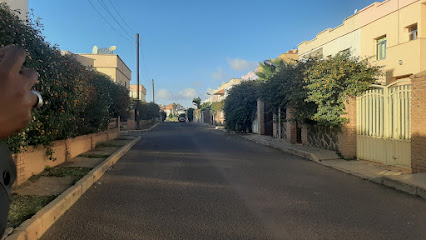
AMHL TECHNOLOGY
Explore the latest in electronics at AMHL Technology in Mitsiwa, Eritrea – your destination for cutting-edge gadgets and tech accessories.
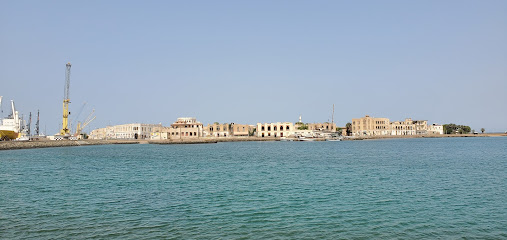
Sati boutique
Explore Sati Boutique in Senafe for unique Eritrean crafts and a taste of local culture, perfect for unforgettable souvenirs and gifts.

بقالة ابو حامد
Discover the heart of Eritrean cuisine at بقالة ابو حامد, your go-to grocery store for local flavors and authentic products.

Zara Boutique
Discover unique fashion at Zara Boutique, where Eritrean style meets modern design in the heart of Asmara.
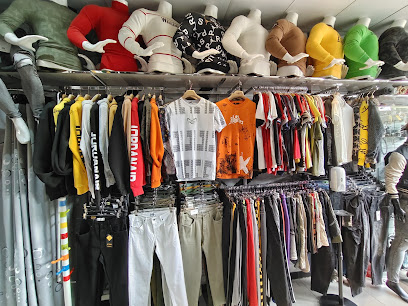
ሙሳ ቀመማ ቀመም
Explore the vibrant spices of Eritrea at ሙሳ ቀመማ ቀመም in Asmara, a culinary treasure for every foodie.

Dahlak boutique
Explore authentic Eritrean fashion at Dahlak Boutique in Keren, an unmissable destination for unique clothing and cultural souvenirs.

Dolce Vita
Discover unique clothing that blends modern fashion with Eritrean culture at Dolce Vita in Asmara.
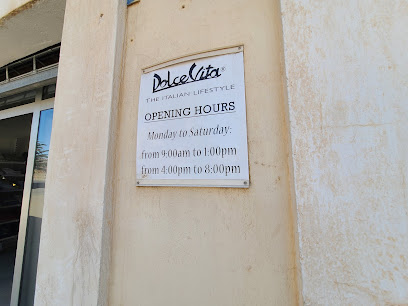
Sipelga 15
Explore the rich diversity of Asian cuisine at Sipelga 15, an authentic grocery store in Tarbatu, Eritrea, filled with unique ingredients and flavors.

Saleh Aman boutique
Explore Saleh Aman Boutique in Asmara for unique clothing that blends traditional Eritrean designs with modern flair, capturing the essence of local culture.

Edaga laka - ዕዳጋ ላኻ
Explore your creativity at Edaga Laka, Asmara's premier scrapbooking store, where local culture meets artistic expression.
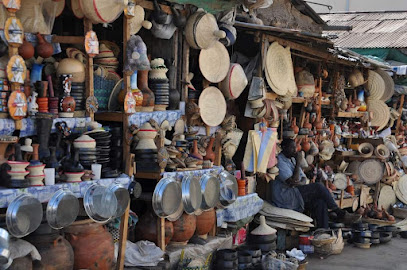
Luul Boutique
Explore the vibrant fashion of Eritrea at Luul Boutique, where tradition meets contemporary style in Dekemhare.

Gezamanda Habesha Enda Berhe Shmia (Berhe's Candle)
Experience authentic Eritrean culture at Berhe's Candle, a vibrant grocery store in the heart of Asmara, offering local delicacies and warm hospitality.

بوتيك روعة
Discover the vibrant culture of Eritrea at بوتيك روعة, a charming store in Afabet offering unique crafts and traditional goods.

Oasis Shop Boutique
Explore the vibrant world of Eritrean crafts at Oasis Shop Boutique, where every item is a testament to local artistry and culture.
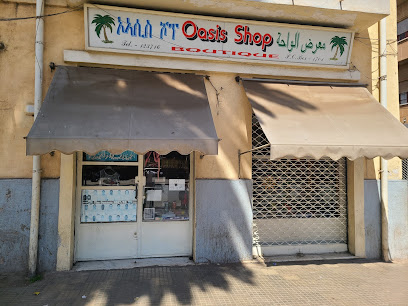
Essential bars & hidden hideouts
Bar Durfo
Experience the vibrant flavors and warm hospitality of Eritrea at Bar Durfo, a must-visit bar in the heart of Asmara.
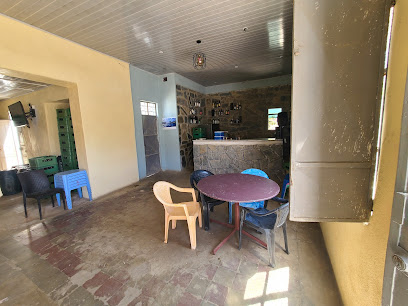
Bar Kebedesh
Discover the vibrant atmosphere of Bar Kebedesh, Asmara's charming bar offering a delightful mix of local drinks and warm hospitality.

Mary's Bar
Discover the vibrant atmosphere of Mary's Bar in Mitsiwa, where local drinks and culture come together for an unforgettable experience.

Banuna Bar & Restaurant
Experience the vibrant atmosphere of Banuna Bar & Restaurant in Mitsiwa, where refreshing drinks and local hospitality await every traveler.

Adonai’s bar
Experience the vibrant nightlife of Dhu Bellu at Adonai’s Bar, where local culture and refreshing drinks create unforgettable memories.

Bar Lidia
Discover the vibrant atmosphere and local flavors at Bar Lidia, a cultural gem in the heart of Asmara, Eritrea's capital.

YonSam bar
Discover the vibrant nightlife at YonSam Bar in Asmara, where traditional Eritrean culture meets a lively atmosphere in the heart of the city.

bar hadas (ባር ሓዳስ)
Discover the vibrant atmosphere of Bar Hadas in Asmara, where Eritrean culture meets warm hospitality and delightful beverages.

Bar Tiblets
Experience the vibrant atmosphere of Bar Tiblets in Asmara, where local culture meets refreshing beverages in a cozy setting.

Keren Bar
Discover Keren Bar in Asmara, where vibrant ambiance meets authentic Eritrean hospitality for an unforgettable nightlife experience.

فاهام
Experience the vibrant atmosphere and local flavors at فاهام, the must-visit bar in Elelali, Eritrea, perfect for unwinding and socializing.

Dhakhtarka gabogab ee tuliguuleed
Discover the vibrant nightlife at Dhakhtarka gabogab ee tuliguuleed, a local bar in S6, Eritrea, where culture and camaraderie come alive.

Forovia Bar and Restaurant
Experience the vibrant culture of Eritrea at Forovia Bar and Restaurant, where traditional flavors meet warm hospitality in the heart of Asmara.

Hazhaz Bar - ባር ሓዝሓዝ
Discover Hazhaz Bar in Asmara, where vibrant culture meets a lively atmosphere, perfect for unwinding with friends and enjoying local drinks.
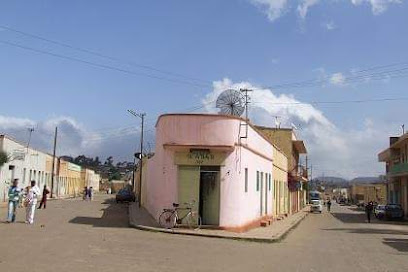
Local Phrases about Northern Red Sea Region
-
- Helloሰላም
[selam] - Goodbyeወዲ ዓይኒ
[wedi ayne] - Yesእወ
[ewa] - Noኣይ
[ay] - Please/You're welcomeእንቋዕ/ነዚ ተወልደኒ
[enkae/nez teweldeni] - Thank youእንቋዕ
[enkae] - Excuse me/Sorryንኽርካ/ቦሓሽ
[n'khra/bohash] - How are you?ንብረት ኣለኹ?
[n'beret alieko] - Fine. And you?እዚ ሕማምን እንተሓለፍ?
[ezi hamamn entehalef] - Do you speak English?እንቋዕ እንተን እግሪ ኣለኹ?
[enkae enten egri alieko] - I don't understandኣብዚ ኣህያብ ኣለኹ
[abzi ahyaab alieko]
- Helloሰላም
-
- I'd like to see the menu, pleaseእዚ ምእት አቦ ተጠቊምካ
[ezi met abo tetkumka] - I don't eat meatምንዳእ ምዕባለን ኣለኹ
[mindae mebalen alieko] - Cheers!ሩሓም!
[ruham] - I would like to pay, pleaseእዚ ክልል አቦ ተጠቊምካ
[ezi kelle abo tetkumka]
- I'd like to see the menu, pleaseእዚ ምእት አቦ ተጠቊምካ
-
- Help!እዚ
[ezi] - Go away!ተቕረብ
[tekreb] - Call the Police!ተሓተብ ፖሊስ ኣሎ
[tehatib police alo] - Call a doctor!ተሓተብ ሜዳይ ኣሎ
[tehatib meday alo] - I'm lostኣብዚ ኣልማን
[abzi alman] - I'm illኣብዚ ሓስብያ
[abzi hasbiya]
- Help!እዚ
-
- I'd like to buy...እዚ ምልእ አቦ
[ezi mle abo] - I'm just lookingጽምብል ሎሚ መፅህቲ
[ts'mbllom mshti] - How much is it?እቲ ምግባር ስርሓት ኣሎ?
[eti mgbar srhat alo] - That's too expensiveእቲ ግምት ነባር እዩ
[eti gm't nbar eyu] - Can you lower the price?እቲ ግምት መዓልቲ ክልል ኣሎ?
[eti gm't ma'alti kelle alo]
- I'd like to buy...እዚ ምልእ አቦ
-
- What time is it?ስርዓት ኣሎ?
[sr'at alo] - It's one o'clockኣእላ።
[aela] - Half past (10)ኣእላ
[aela] - Morningጥዕና
[ti'ena] - Afternoonኣማቕርቢ
[amak'ribi] - Eveningሓደ
[had] - Yesterdayትምህርቲ
[tmehrti] - Todayማሕረ
[maher] - Tomorrowናብሓተ
[nabhat] - 1ኣእላ።
[aela] - 2ሽሕፈላ
[shihfela] - 3ሰራዊት
[serawit] - 4ኣርባዕት
[arba'it] - 5ሓምለ
[hamle] - 6ስምዓት
[sam'at] - 7ማሕሐመን
[mahhamen] - 8ሰሊሓ
[silha] - 9ሰብዓ
[seb'a] - 10ሓሙሽ
[hamush]
- What time is it?ስርዓት ኣሎ?
-
- Where's a/the...?ኣብዚ ኣውጣብቲ ነገር?
[abzi awt'abti nager] - What's the address?ኣብዚ ንምሕረት ነገር?
[abzi nmehrt nager] - Can you show me (on the map)?እቲ ናብ ዝኸውንካ?
[eti nab zehk'winka] - When's the next (bus)?ስለዚ ኣሕዛን?
[slezi ahzan] - A ticket (to ....)መታሃሕ (ካ ....)
[m'tahai (ka ...)]
- Where's a/the...?ኣብዚ ኣውጣብቲ ነገር?
History of Northern Red Sea Region
-
Adulis, once a bustling port city on the Red Sea coast, was a crucial hub in the ancient Kingdom of Aksum. Dating back to the 1st century AD, Adulis was instrumental in trade between the Mediterranean, Africa, and India. Archaeological findings, including ruins of ancient churches and artifacts, highlight its significance in the maritime Silk Road.
-
The Kingdom of Aksum, which flourished from approximately 100 AD to 940 AD, exerted significant influence over the Northern Red Sea Region. Renowned for its monumental obelisks, the kingdom adopted Christianity in the 4th century AD. Aksum's legacy is evident through its coinage, architecture, and inscriptions found throughout the region.
-
Massawa, often referred to as the 'Pearl of the Red Sea,' boasts a rich architectural heritage. The city features a blend of Ottoman, Egyptian, and Italian influences, reflecting its strategic importance. Notable sites include the 15th-century Sheikh Hanafi Mosque and the Old Town's coral stone buildings.
-
During the 16th century, the Ottoman Empire and later Egypt exerted control over parts of the Northern Red Sea Region, including Massawa. This era saw the construction of fortifications, mosques, and other structures that left an indelible mark on the region's architectural landscape.
-
In the late 19th century, Eritrea became an Italian colony, with Massawa serving as a key administrative center. The Italians developed infrastructure, including roads, railways, and port facilities, which significantly impacted the region's economic and social development. The legacy of Italian colonization is still visible in the architecture and urban planning of Massawa.
-
The Battle of Dogali, fought on January 26, 1887, was a significant conflict between Italian colonial forces and Ethiopian troops. The battle, which took place near the town of Dogali in the Northern Red Sea Region, resulted in a devastating defeat for the Italians. This event underscored the resistance against colonial expansion in the region.
-
The Northern Red Sea Region, like the rest of Eritrea, was deeply affected by the struggle for independence from Ethiopian rule. Following a protracted armed struggle, Eritrea gained independence in 1993. The region has since focused on rebuilding its infrastructure, preserving its historical sites, and promoting tourism to showcase its rich cultural heritage.
Northern Red Sea Region Essentials
-
The Northern Red Sea Region in Eritrea can be accessed via Asmara International Airport (ASM), located in the capital city, Asmara. From Asmara, you can travel by car or bus to the region. The drive typically takes around 4 to 6 hours, depending on your exact destination. Public buses and minibuses operate regularly, and private taxis can be hired for a more comfortable journey.
-
Within the Northern Red Sea Region, transportation options include buses, minibuses, and taxis. Buses and minibuses are the most common and affordable means of transportation, connecting major towns and villages. Taxis are also available and can be rented for short trips as well as full-day excursions. For exploring remote areas, renting a 4x4 vehicle is recommended due to the rugged terrain.
-
The official currency in Eritrea is the Nakfa (ERN). Credit cards are not widely accepted, so it is advisable to carry sufficient cash. ATMs are scarce, especially in rural areas, so ensure you withdraw enough money before leaving larger towns. Foreign currency can be exchanged at banks and authorized exchange bureaus in major towns.
-
The Northern Red Sea Region is generally safe for tourists, but it is important to take standard precautions. Avoid walking alone at night, especially in unfamiliar or poorly lit areas. Petty crimes like pickpocketing can occur in crowded places, so be vigilant with your belongings. There are no specific high-crime areas targeting tourists, but always stay alert and aware of your surroundings.
-
In case of emergency, dial 113 for medical assistance, 114 for police, and 116 for fire services. It is highly recommended to have travel insurance that covers medical emergencies, as medical facilities in the region may be limited. For minor health issues, local pharmacies are available in major towns. Keep a list of emergency contacts handy, including your embassy or consulate.
-
Fashion: Do dress modestly, especially in rural areas and religious sites. Avoid wearing revealing clothing. Religion: Do respect local customs and traditions. When visiting mosques or churches, dress conservatively and remove your shoes before entering. Public Transport: Do be respectful to fellow passengers. Don't eat or drink on public transport. Greetings: Do greet people with a handshake. A smile and a friendly greeting in Tigrinya, such as 'Selam', are appreciated. Eating & Drinking: Do try local dishes and accept food offerings graciously. Don't refuse hospitality, as it is considered impolite.
-
To experience the Northern Red Sea Region like a local, visit traditional markets where you can buy fresh produce and local crafts. Engage with locals, who are often friendly and willing to share stories about their culture and history. Don't miss visiting the ancient port city of Adulis and the scenic Dahlak Archipelago. For a unique experience, take a boat trip to the islands, where you can enjoy pristine beaches and coral reefs.
Nearby Cities to Northern Red Sea Region
-
Things To Do in Asmara
-
Things To Do in Dekemhare
-
Things To Do in Mendefera
-
Things To Do in Adi Keyh
-
Things To Do in Adi Quala
-
Things To Do in Axum
-
Things To Do in Teseney
-
Things To Do in Mekele
-
Things To Do in Jizan
-
Things To Do in Gondar
-
Things To Do in Abha
-
Things To Do in Lalibela
-
Things To Do in Khamis Mushait
-
Things To Do in Al Baha
-
Things To Do in Bahir Dar









